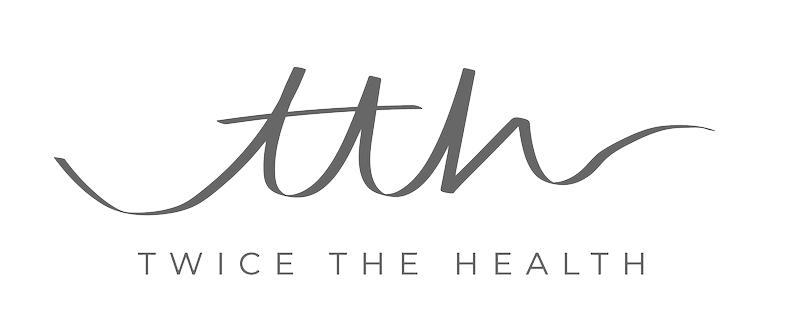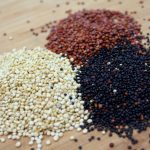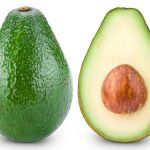It’s a hard nut to crack this diet malarkey. Especially when the food in question is so damn good. It’s easy to convince yourself the pros of suggested links to weight loss far outweigh the cons associated with high fat. But do they?
Peanut butter is simply peanuts ground down so that their natural oils are released and a paste forms. First things first, they crunchy nibbles are not actually what they claim. They are in fact a pea, and therefore part of the legume family.
PB is on trend, with it the multiple brands claiming to be the best and bountiful butter. Each to their own, our jar of choice is Pip and Nut. They use only peanuts and a pinch of salt. Simples. Try to avoid any with hydrogenated palm oil or added sugar as these not only feature the ‘high healthy fats’ they include unnecessary added evils with none of the added ‘pros’.
So yes, peanut butter is high fat and calorie dense, but it is not a food to fear! It is a perfect mix of fibre and protein (4g in one serving) and therefore is very satiating meaning petite portions and a full belly. Win win! Furthermore, the fats that they contain are the good stuff – monounsaturated.
As total fat almost makes up half the makeup of peanut butter (47g per 100g) it’s certainly a subject worth exploring. The majority of these fats are ‘good’ unsaturated fats (40.2g per 100g) specifically monounsaturated fats, with only 6.8g per 100g coming from ‘bad’ saturated fat. A study by Dr Jiang in 2002 found that there was a reduced risk of developing type 2 diabetes in patients who consumed a higher volume of nut butter (including peanut butter) if total calorie intake was not altered by swapping it for processed grains or meats. In the UK diabetes takes up 10% on the NHS budget, so any way to reduce the risk of developing it though diet could be an essential part of saving our health system from collapsing in the future. There have been many studies into heart health and the consumptions of nuts. Most studies conclude that regular consumption of nuts has a positive impact on reducing the risk of coronary heart disease due to a reduction in over all cholesterol levels and ‘bad’ HDL cholesterol due to the high levels of unsaturated fats present. Although there are no direct studies on heart heath and peanut butter it can be strongly suggest that eating pure peanut butter (in replacement of other foods) may improve heart health.
Good fats are not all this nutty butter has to offer. It’s a great source of potassium. Yes, we know salt has a bad rep among dieticians; however potassium (a form of salt) goes to work to counter balance damage of sodium. Studies have shown that those people with higher potassium levels to sodium levels have a reduced risk of high blood pressure and cardiovascular disease. Also if you are a keen gym goer or one partial to perspiring potassium is easily lost in your daily activity. This makes peanut butter an excellent post work out snack as it can help to rebalance your electrolyte levels and give you a kick of plant protein!
Last but certainly not least Magnesium also has a strong presence in peanut butter and has been linked to improved bone density and muscle recovery. Told you it was a good post workout snack!
So take a little time next time you head to Wholefoods and choose a nut butter that isn’t going to send the scale nuts and the blood sugar sky high. Don’t be afraid to treat yourself to a teaspoon or two. We recommend serving with an apple, banana or piece of dark choc. Han also says it goes great with jelly but she’s a little nuts herself!
TTH x
NOTE:
All nutritional information (Kcal, total fat, saturated fat, carbohydrate, sugar, protein and salt) are in relation to Pip and Nut peanut butter, other companies may vary slightly. http://www.pipandnut.com/peanut-butter-jar/
If you want to add peanut butter to your diet, do it in replacement of something else to avoid going into excess calories.


